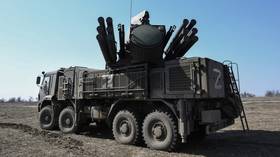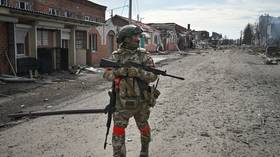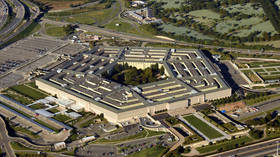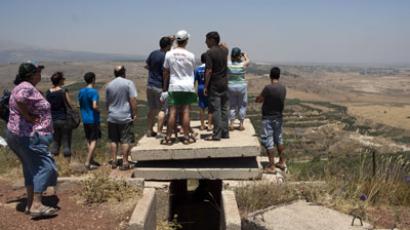Israel fires 'warning shots' at Syria over Golan Heights mortar strike
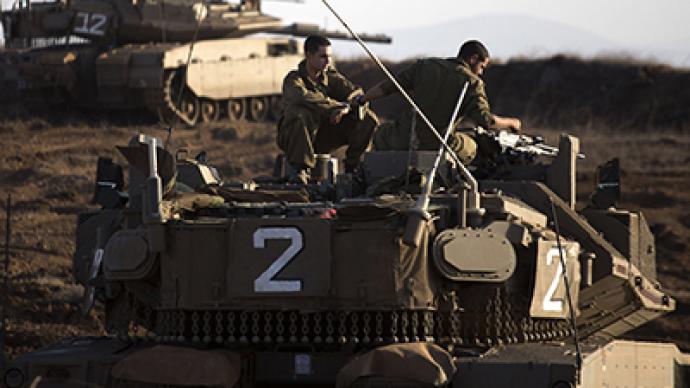
Israel has fired warning shots into Syria after mortars launched from Syrian territory hit an Israeli base in the Golan Heights. It is the first time Israel has fired into Syrian territory since the 1973 war.
The Israeli Defense Force (IDF) said the missile was fired as a warning shot after an errant mortar fired from Syria hit the military post. "In the midst of Syrian infighting, a mortar shell fired by the Syrian army struck near an outpost at Tel Hazeka," The Jerusalem post quoted IDF spokesperson Brig. Gen. Yoav Mordechai as saying."In light of the policy instituted by IDF Chief of Staff, Lt. Gen. Benny Gantz, a warning round was fired back into Syria. We don't believe it caused injuries or damages," he said.The IDF fired a single Tamuz anti-tank missile, a weapon known for its high degree of accuracy, military sources told AFP.Just hours before the strike, Defense Minister Ehud Barak warned Syria that Israel would “respond” if stray shells landed inside the Golan Heights.Israeli Prime Minister Benjamin Netanyahu also said that Israel was “closely monitoring what is happening on our border with Syria and there too we are ready for any development."Israel worries the Syrian insurgency could seize the Golan, turning the region into a stronghold from which Islamic militants could launch attacks, like Egypt’s Sinai desert.Israeli officials believe the fall of Syrian President Bashar Assad’s government could lead to an Islamist power grab in Syria, fueling sectarian war and destabilizing the region.There are also concerns that a security breakdown in Syria could allow the militant Lebanese movement Hezbollah – which is allied with Damascus and a staunch foe of Israel – to acquire control of Syria's chemical weapons stockpiles.Several mortar shells have struck the Golan Heights since the Syrian conflict erupted 19 months ago. Israel has recognized the fire as unintentional, but still holds Damascus responsible.On Thursday, a mortar launched from within Syrian territory hit an Israeli settlement in the territory but did not explode.
Israel recently filed a complaint with the United Nations Security Council after three Syrian tanks entered the demilitarized zone in the Golan Heights earlier this month. The IDF also filed a complaint with UN peacekeeping forces operating in the area.The tanks were reportedly engaged in a battle with Syrian rebels in the village of Beer Ajam, which is located in the Syrian-controlled portion of the Golan Heights.Israel captured the Golan Heights from Syria during the 1967 war. The country agreed to return the land to Syria in return for a peace agreement that was rejected by the Arab world. During the 1973 Yom Kippur War, Syrian forces crossed the ceasefire line into the Golan Heights in an attempt to retake the territory. Syria's troops were repelled by Israeli forces. Israel annexed the Golan in 1981, though they returned about 5 percent of the territory to Syria. The land was merged into a demilitarized zone that is currently patrolled by UN peacekeeping forces.



